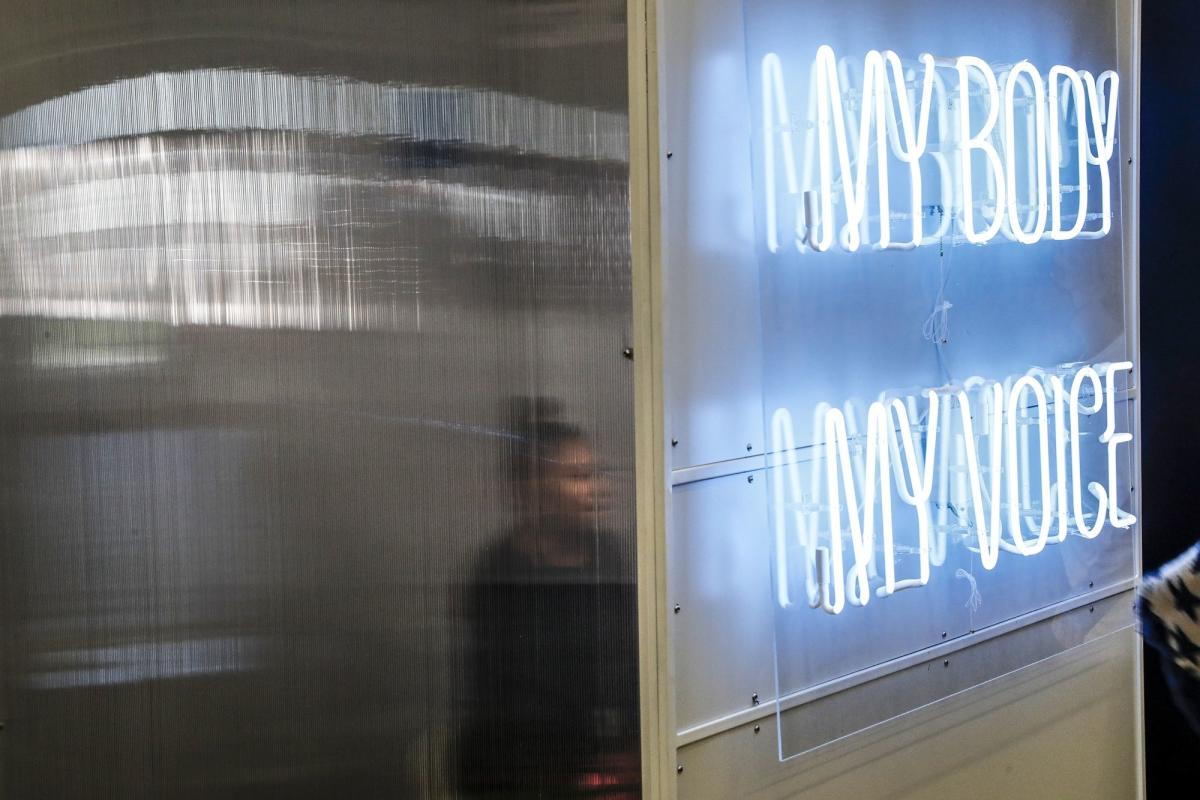
(Bloomberg) — Voters in Michigan, Kentucky, California and Vermont backed ballot measures supporting reproductive rights on Tuesday, six months after the US Supreme Court eliminated the federal right to an abortion and sent the issue back to the states.
Most Read from Bloomberg
It was the first test of the polarizing issue on the ballot since August, when voters in deep-red Kansas rejected an attempt to change the state constitution to declare there is no right to an abortion.
In heavily Republican Kentucky, voters rejected a ballot measure that would have amended the constitution to say there is no right to an abortion. But the procedure will still remain largely unavailable there under current regulations, which permit an abortion only if the health of the mother is at serious risk. The state Supreme Court is hearing a lawsuit challenging the near-total ban.
Voters in California and Vermont, two heavily Democratic states, approved measures enshrining abortion rights in their state constitutions.
In Michigan, a key swing-state, the future of reproductive rights had been uncertain since the Supreme Court overturned Roe v. Wade. Even before the high court’s decision, Democratic Governor Gretchen Whitmer filed a lawsuit seeking an interpretation of existing laws that would ensconce abortion rights. Whitmer staked much of her re-election campaign on the issue.
The Michigan vote on Tuesday also enshrined abortion rights in the state constitution, which will make the state a possible destination for people from Indiana, Ohio, Kentucky and West Virginia if extreme restrictions in those places remain on the books.
Abortion was a bigger issue in Michigan than in any of the 10 other states where Edison Research conducted exit polling. Nationally, three in 10 voters said abortion was their top issue, according to Edison exit polls reported by Reuters. But in Michigan, it was about half of all voters.
Read more: The state-by-state battle over abortion in the US
In post-Roe America, where states have power to severely restrict abortion, access depends on where you live. Since the Supreme Court’s ruling, a vast abortion desert has opened up in the US South, where many places, including Texas, Alabama, and Oklahoma, have adopted near-total bans, some with no exceptions for rape or incest.
A few other states have less-restrictive laws that would’ve been illegal under Roe, and in a few more anti-abortion legislation is still making its way through the courts.
Other states, particularly on the coasts, have moved to strengthen abortion protections so legislators can’t enact further restrictions. Currently, some 20 million women live in states where abortion is largely illegal.
The new regulations have resulted in 10,000 fewer abortions nationwide, recent research found. There’s also been an uptick in people ordering abortion pills from overseas.
The Fairness Project, part of the coalition that pushed for the pro-abortion rights ballot measure to pass in Vermont, says voters can expect similar efforts in other states.
“We’re looking forward to passing more ballot measures to protect abortion rights wherever we can,” Fairness Project Executive Director Kelly Hall said in a statement Tuesday evening.
–With assistance from Kelsey Butler.
Most Read from Bloomberg Businessweek
©2022 Bloomberg L.P.




